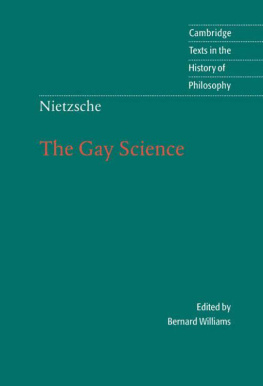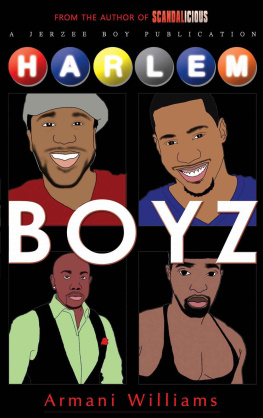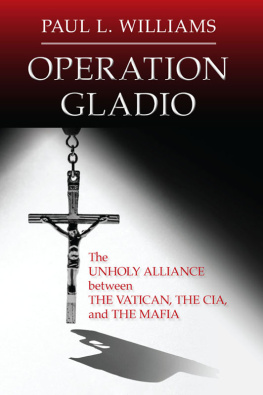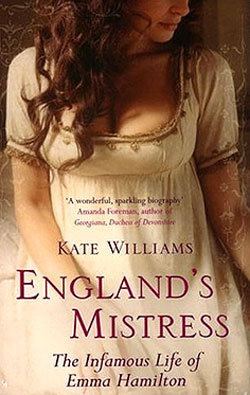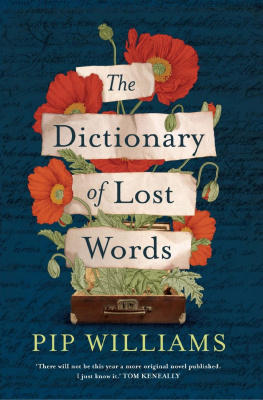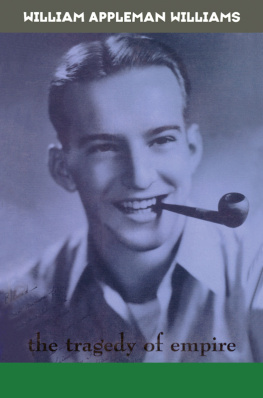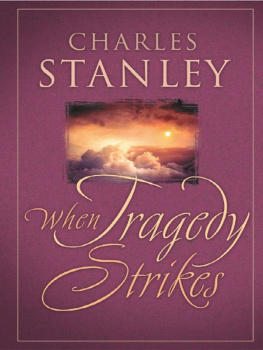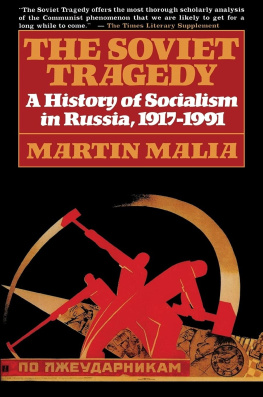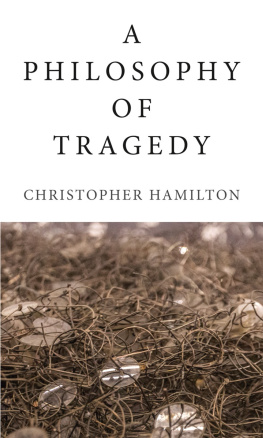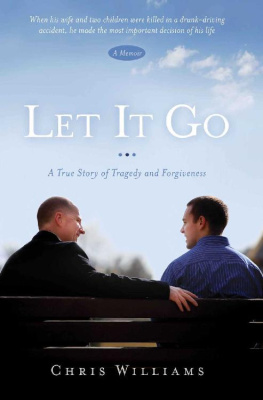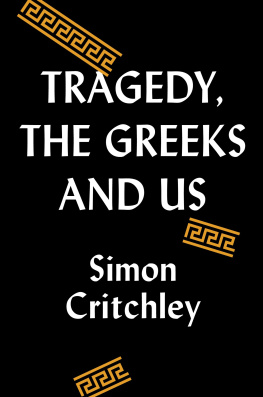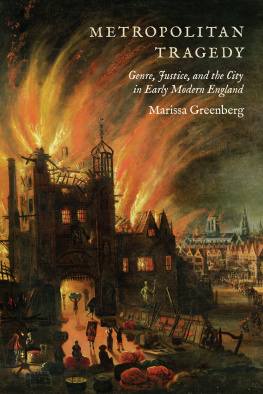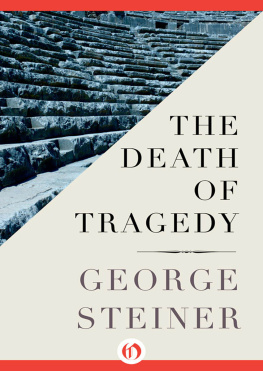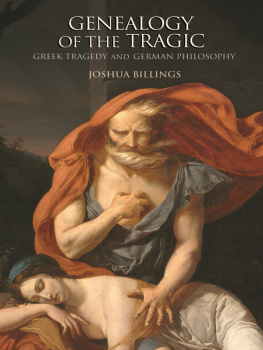CONTENTS
Modern Tragedy
Raymond Williams

FOREWORD TO THE 1966 EDITION
This book brings together, and tries to extend, certain kinds of work I have attempted before. The first part, a history and criticism of ideas of tragedy, follows, in some respects, the work attempted in Culture and Society and The Long Revolution. The second part follows from Drama from Ibsen to Eliot, though the questions being asked are different. Between that book and this I gave, over four years, a series of lectures on Modern Tragedy in the English Faculty at Cambridge, and my second part is a revised version of those lectures: revised mainly in the direction of making my own position more explicit. Meanwhile, I had been working on the play Koba, intermittently since 1957, before I thought of writing a book about tragedy. I include it here, with the other kinds of writing, because it seems now essentially to belong with them, although it came first.
The form of the book is, I realise, unconventional and mixed. If any reader is good enough to find one kind of work useful, but not the others, he is welcome to use the book accordingly. But I wanted to get a whole structure of feeling and thinking into one book, even where it had led to different kinds of work, and in a way just because it had led to them. For the literature of ideas and of experience is still, as I know it, a single literature. The necessary variations of matter and approach lead back, insistently, to a particular mind, but lead out, also, to a complex reality which we cannot always afford to divide. Tragedy is the most important example I know of this complex and necessary unity, as many of my predecessors have repeatedly found.
So the book is about the connections, in modern tragedy, between event and experience and idea, and its form is designed at once to explore and to emphasise these radical connections.
Cambridge, 1964 R. W.
About the Book
In Modern Tragedy, Williams bridges the gap between literary and socio-economic study, tracing the notion of tragedy from its philosophical and dramatic origins with Aristotle. In addition, Williams discusses tragedy in Chaucher, Nietzche, Brecht, Sartre and other leading figures in the history of thought, as well as elements of tragic experience both political and personal in socialist revolutions of the 20th century.
About the Author
Raymond Williams was born in 1921 in the Welsh border village of Pandy, and was educated at the village school, at Abergavenny Grammar School, and at Trinity College, Cambridge. After serving in the war as an anti-tank captain, he became an adult education tutor in the Oxford University Delegacy for Extra-Mural Studies. In 1947 he was an editor of Politics and Letters, and in the 1960s was general editor of the New Thinkers Library. He was elected Fellow of Jesus College, Cambridge, in 1961 and was later appointed University Professor of drama.
His books several of which are being published by The Hogarth Press include Culture and Society (1958), The Long Revolution (1961) and its sequel Towards 2000 (1983); Communications (1962) and Television: Technology and Cultural Form (1974); Drama in Performance (1954), Modern Tragedy (1966) and Drama from Ibsen to Brecht (1968); The English Novel from Dickens to Lawrence (1970), Orwell (1971) and The Country and the City (1973); Politics and Letters (interviews) (1979) and Problems in Materialism and Culture (selected essays) (1980); and four novels the Welsh trilogy of Border Country (1960), Second Generation (1964) and The Fight for Manod (1979), and The Volunteers (1978). His latest novel is Loyalties and he is currently working on another, People of the Black Mountains.
Raymond Williams was married in 1942, has three children, and divides his time between Saffron Walden, near Cambridge, and Wales.
PART ONE
Tragic Ideas
1
TRAGEDY AND EXPERIENCE
WE COME TO tragedy by many roads. It is an immediate experience, a body of literature, a conflict of theory, an academic problem. This book is written from the point where the roads cross, in a particular life.
In an ordinary life, spanning the middle years of the twentieth century, I have known what I believe to be tragedy, in several forms. It has not been the death of princes; it has been at once more personal and more general. I have been driven to try to understand this experience, and I have drawn back, baffled, at the distance between my own sense of tragedy and the conventions of the time. Thus I have known tragedy in the life of a man driven back to silence, in an unregarded working life. In his ordinary and private death, I saw a terrifying loss of connection between men, and even between father and son: a loss of connection which was, however, a particular social and historical fact: a measurable distance between his desire and his endurance, and between both and the purposes and meanings which the general life offered him. I have known this tragedy more widely since. I have seen the loss of connection built into a works and a city, and men and women broken by the pressure to accept this as normal, and by the deferment and corrosion of hope and desire. I have known also, as a whole culture has known, a tragic action framing these worlds, yet also, paradoxically and bitterly, breaking into them: an action of war and social revolution on so great a scale that it is continually and understandably reduced to the abstractions of political history, yet an action that cannot finally be held at this level and distance, by those who have known it as the history of real men and women, or by those who know, as a quite personal fact, that the action is not yet ended.
Tragedy has become, in our culture, a common name for this kind of experience. Not only the examples I have given, but many other kinds of eventa mining disaster, a burned-out family, a broken career, a smash on the roadare called tragedies. Yet tragedy is also a name derived from a particular kind of dramatic art, which over twenty-five centuries has a complicated yet arguably continuous history. The survival of many great works which we call tragedies makes this presence especially powerful. This coexistence of meanings seems to me quite natural, and there is no fundamental difficulty in both seeing their relations and distinguishing between them. Yet it is very common for men trained in what is now the academic tradition to be impatient and even contemptuous of what they regard as loose and vulgar uses of tragedy in ordinary speech and in the newspapers.
To begin a discussion of modern tragedy with the modern experiences that most of us call tragic, and to try to relate these to tragic literature and theory, can provoke literal amazement, or the simpler and more conventional cry of incompetence. The word, we are given to understand, is being simply and perhaps viciously misused. And of course it is natural to hesitate, at this point. In a partly educated society, we are understandably nervous about using a word or a description wrongly. But then it becomes clear, as we listen, that what is in question is not only a word. Tragedy, we are told, is not simply death and suffering, and it is certainly not accident. Nor is it simply any response to death and suffering. It is, rather, a particular kind of event, and kind of response, which are genuinely tragic, and which the long tradition embodies. To confuse this tradition with other kinds of event and response is merely ignorant.
Next page

